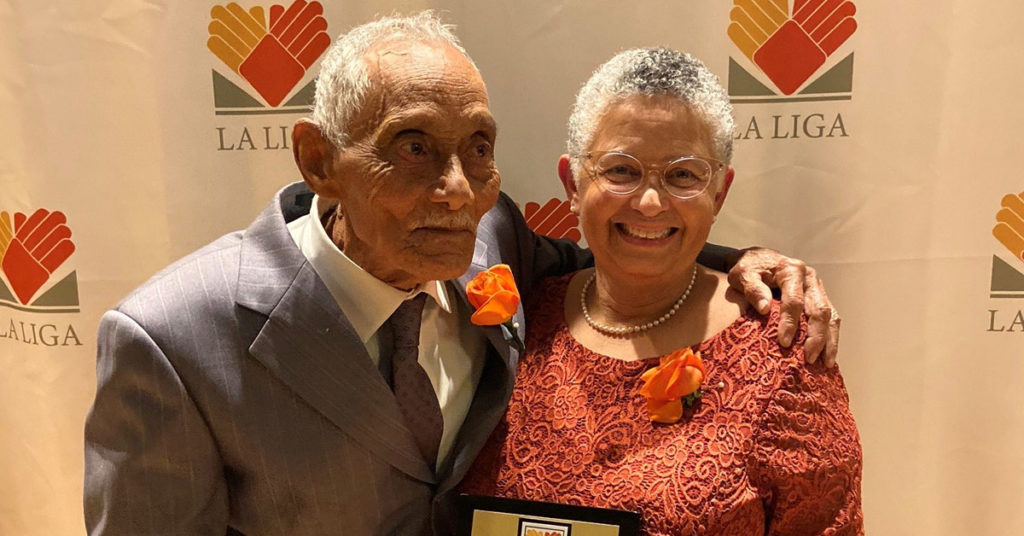Bethaida “Bea” González could not have imagined how her world would change when her parents enrolled in an English-language acquisition course at Syracuse University more than 50 years ago. It was the late 1960s, and her parents — both migrant workers — had emigrated from Puerto Rico with their six children and landed in Central New York.
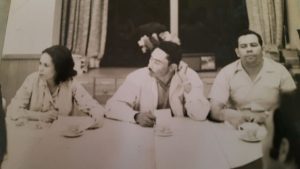
The continuing education program at Syracuse’s University College not only allowed them to become fluent in English, but it also offered career training and an opportunity to meet other adult students, which had a ripple effect on their family.
“It made it easier for the six of us to dream about going to college for ourselves,” González says. “It opened up possibilities that we wouldn’t have dreamed of before my parents started these classes.”
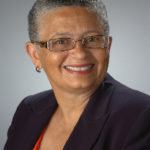
After graduating from Binghamton University, González returned to Syracuse and became an academic advisor at University College in 1984, and 23 years later, its dean. As she advanced in the field, González served as president of the University Professional and Continuing Education Association (UPCEA) and received the Julius M. Nolte Award for Extraordinary Leadership, the association’s highest honor.
To honor her commitment to the field of continuing higher education, UPCEA named its new Diversity in Leadership Scholars program after González. Last September, the inaugural cohort of 13 scholars began taking an online professional development certificate program offered by UPCEA, consisting of five courses in the field of higher education administration.
Reaping the benefits of the program
Karen Nelson Villanueva, a program lead for the College of Extended Learning at San Francisco State University, is part of the first cohort of Bethaida “Bea” González Diversity in Leadership Scholars. “I’m very excited to build my expertise and advance my career in the field of professional, continuing and online education,” Villanueva says. “This will strengthen my ability to help students.”
Another member of the inaugural class of scholars, Mark Jimerson Jr. is a coordinator at the Center for Distance Education at Mississippi State University who is working on a doctorate in educational leadership at his university.
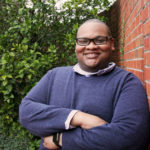
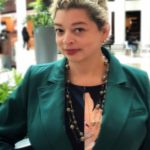
Since starting courses in September 2020, Jimerson says he has built a strong network of professionals in the field. “I’ve gained a great knowledge base for leadership skills, like budgeting, strategic planning and thinking about the future of online and professional education,” he says.
González, who retired as vice president of community engagement at Syracuse University last summer, says she was humbled to learn that the scholarship had been named in her honor. “I always get teary-eyed thinking about it,” she says. “It amazes me how far a person can get in life with support and help, regardless of their background. I think of my own journey, the daughter of migrant workers. Neither of my parents got past middle school.”
Rising through the ranks at Syracuse
Throughout her career, UPCEA served as a professional training ground for González to learn about new ideas in continuing and online education, which she shared with her colleagues at Syracuse.
“It was a place where I went to recharge my battery,” she says. “It was a place where people really were committed to the values of inclusion and adult education.”
Because of the benefits her parents received from taking courses at Syracuse’s University College, González decided to devote her career to adult education. After working in academic advising and student support services at University College, she moved into several administrative roles before becoming dean in 2007.
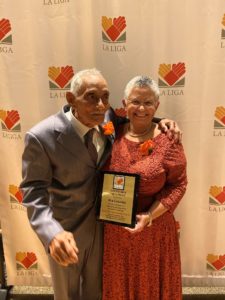
During her seven-year tenure as dean, González preserved the Higher Education Opportunity Program at Syracuse at a time when the state wanted to defund it, created an annual Shadow Day program that provides mentoring for students at a city elementary school, and developed a program for students with intellectual disabilities to attend classes without credit.
As the first Latina elected president of the Syracuse Common Council, González worked to build lasting connections between the university and the city of Syracuse. She launched a project called Building Local, which committed the university to hire employees and buy products from the community. The university also partnered with local charitable organizations that served low-income neighborhoods to train city residents for positions on campus.
“I was extremely committed to the access mission of the University College and the access mission of adult education,” she says. “The key to me was always eliminating barriers that prevent people from walking in the door. Sometimes we have to walk out the door, and sometimes it was as simple as treating people with dignity and respect.”
Impacting the field of continuing and online education
As she looks back on her career, González says that leadership in higher education, and in continuing and online education in particular, needs to be more diverse. In the past five years, however, she says a new generation has moved into leadership roles in UPCEA that is more representative of the population it serves.
She hopes the new scholarship program will help improve diversity in the top echelons of the field.
“You’re a better organization, you’re a better institution and you’re a better business if you have a diverse leadership team, because you have an infusion of ideas that are not necessarily all the same and an infusion of experiences that lead to better decision making,” says González, the former chair of UPCEA’s Diversity and Inclusion Committee.
Villanueva agrees that improving diversity in the leadership in continuing and online education will produce better outcomes, especially if that representation includes gender, age, race and ethnicity.
“Through diversity, we open ourselves up to a variety of perspectives and different ways of thinking that make us and our institutions stronger through recognizing all these ways of being,” she says.
Diversity needs to extend not only to administrators but also to the students involved in continuing and online education programs, Jimerson adds. “You definitely want to ensure that you have all voices at the table,” he says, “and that there’s a space for marginalized and underserved populations to have access and equity to online and continuing education.”

